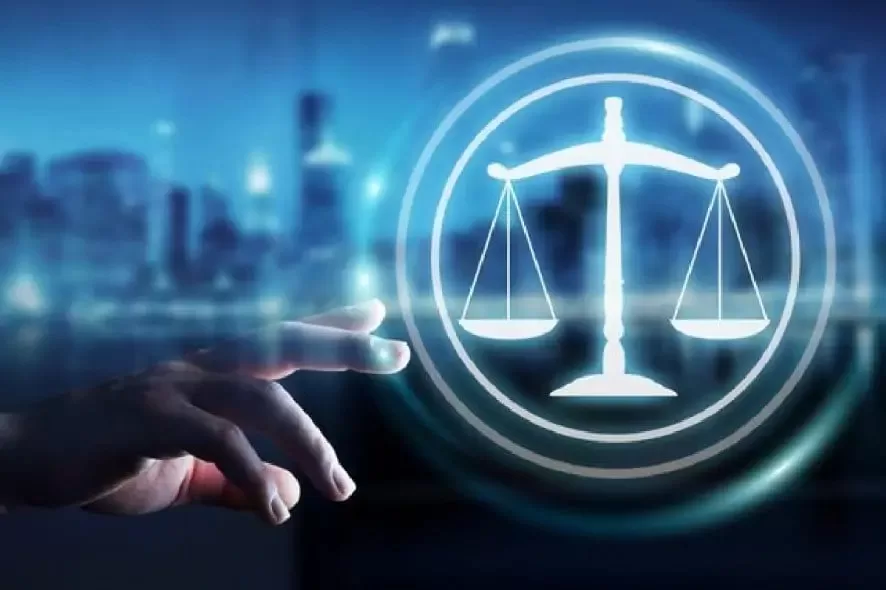Introduction
Digital forensics is crucial in solving and preventing cybercrimes in today’s digital age. Digital forensics refers to the process of identifying, preserving, collecting, analyzing, and presenting digital evidence
Advantages of Digital Forensics
There are many benefits of using digital forensics, some of which are listed below:
- To ensure the integrity of the computer system: Digital forensics helps to identify any unauthorized access, alteration, or deletion of data
 Information in analog or digital form that can be transmitted or processed. Read Full Definition and ensures the integrity of the computer system.
Information in analog or digital form that can be transmitted or processed. Read Full Definition and ensures the integrity of the computer system. - To produce evidence in the court: The evidence produced through digital forensics can be used in the court of law to prosecute criminals and bring them to justice.
- Helps the companies to capture important information: Companies can use digital forensics to capture important information and evidence if their computer systems or networks are compromised.
- Efficiently tracks down cybercriminals from anywhere in the world: Digital forensics can track down cybercriminals from anywhere in the world and help in their prosecution.
- Protects the organization’s money and valuable time: Digital forensics can help organizations identify and prevent cyber attacks, thus protecting their money and valuable time.
- Allows to extract, process, and interpretation the factual evidence: Digital forensics enables the extraction, processing, and interpretation of concrete evidence, which can be presented in court to prove the cybercriminal action.
Disadvantages of Digital Forensics
While digital forensics has many advantages, it also has some disadvantages, which include the following:
- Digital evidence accepted into court but must be proven that there is no tampering: Digital evidence produced through digital forensics is accepted in the court of law, but it must be proven that there is no tampering with the evidence.
- Producing electronic records and storing them is a highly costly affair: The process of creating and keeping them is extremely costly, making digital forensics an expensive process.
- Legal practitioners must have extensive computer knowledge: Legal practitioners must have the extensive computer knowledge to understand the evidence produced through digital forensics.
- Need to produce authentic and convincing evidence: Digital forensics requires producing accurate and compelling evidence, which can be challenging.
- If the tool used for digital forensics is not according to specified standards, then in a court of law, the evidence can be disapproved by justice: It is essential to use tools and techniques that are according to the specified standards; otherwise, the evidence produced through digital forensics can be disapproved by justice.
- Lack of technical knowledge by the investigating officer might not offer the desired result: Digital forensics requires technical knowledge, and if the investigating officer needs more technical knowledge, it might not provide the desired result.
In conclusion, digital forensics has many advantages and disadvantages. It is essential to use digital forensics to solve and prevent cybercrimes. Still, at the same time, it is crucial to use the right tools and techniques and follow the specified standards to produce admissible evidence in a court of law.











